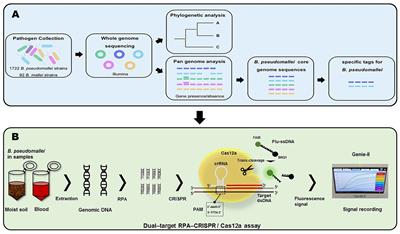EDITORIAL
Published on 05 Dec 2024
Editorial: CRISPR: the game changer in gene and cell therapy
doi 10.3389/fgene.2024.1517298
- 802 views
4,689
Total downloads
21k
Total views and downloads
EDITORIAL
Published on 05 Dec 2024
REVIEW
Published on 30 Aug 2024
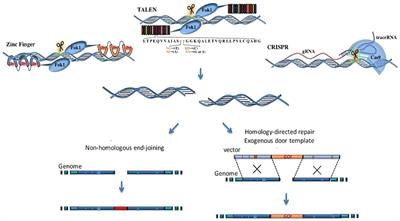
REVIEW
Published on 11 Apr 2024
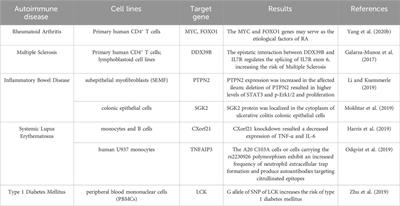
CORRECTION
Published on 11 Mar 2024
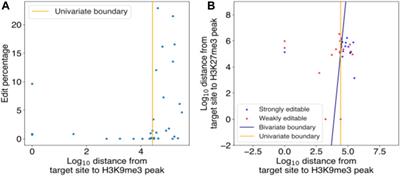
ORIGINAL RESEARCH
Published on 29 Jun 2023
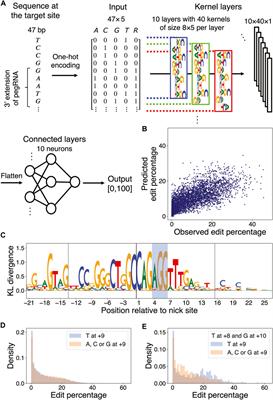
ORIGINAL RESEARCH
Published on 28 Apr 2023
